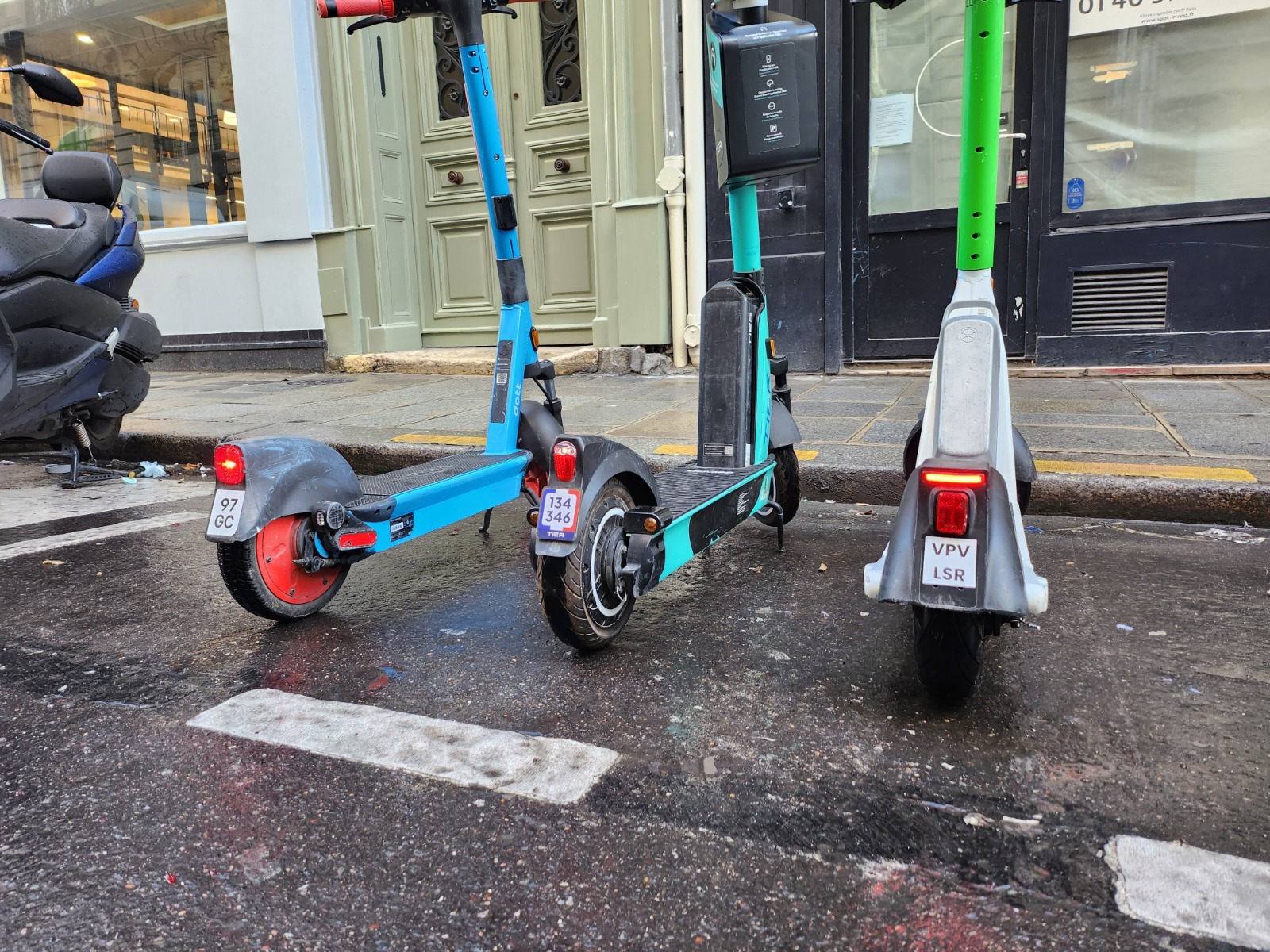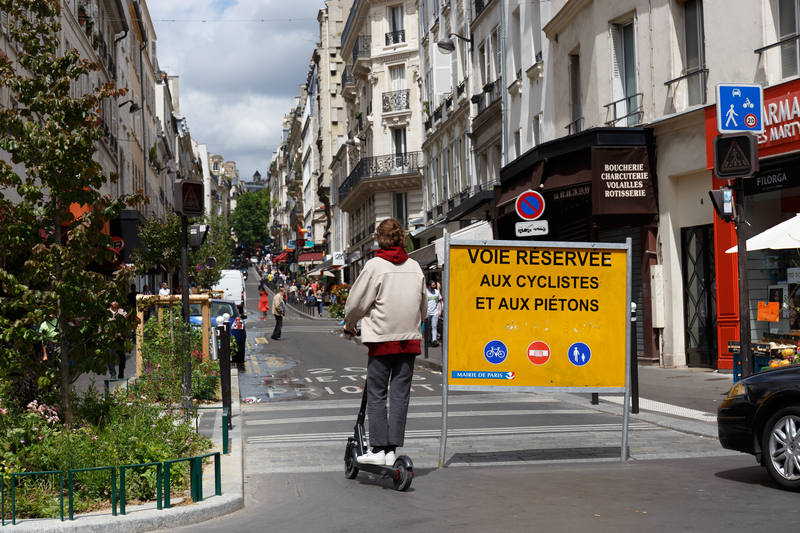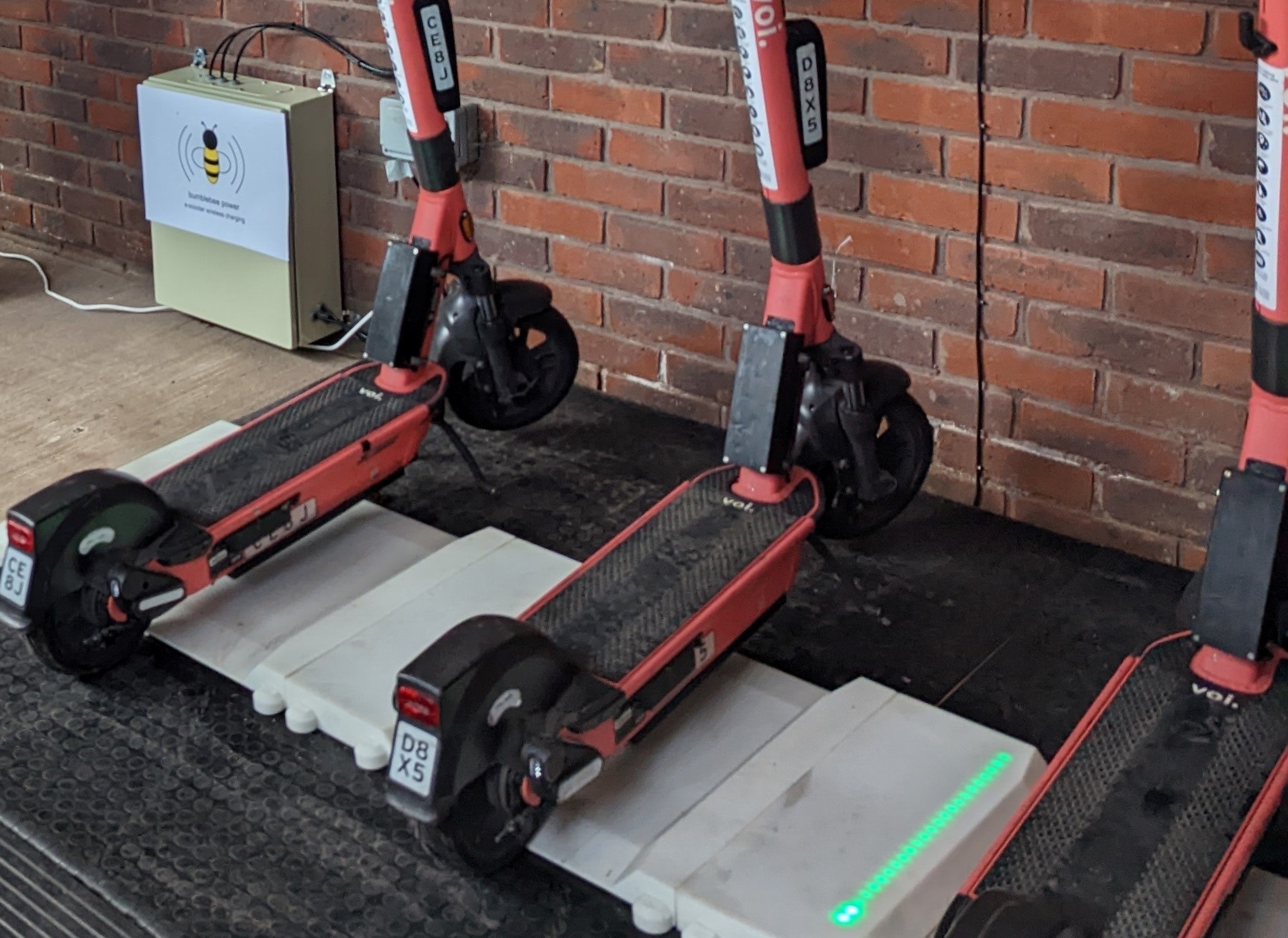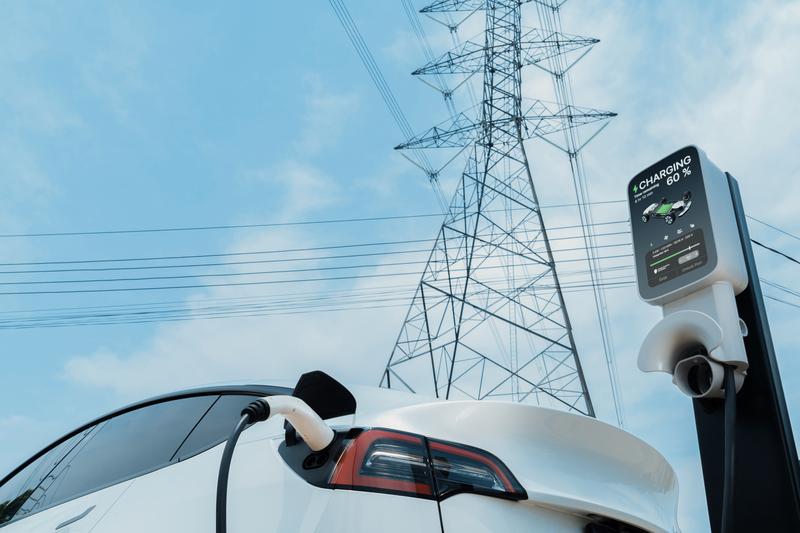
The steps have been developed to enhance safety, integration into public space and sustainability. Two of these measures - age verification and e-scooter registration plates - are already in place.
The proposals made to the City of Paris include user age verification which is already established and covers 100% of the fleet. Vehicle registration plates is important in increasing rider accountability through easier reporting of highway code violations. The measures include banning offenders who repeatedly violate the highway code; funding an experiment using camera technology to detect highway code violations; testing sidewalk detection technology to prevent sidewalk riding; an education campaign produced by all three operators to raise awareness of highway code laws and responsible use.
The proposed measures also include the creation of a ‘micro-mobility observatory’ to produce independent data on uses and accidents, to be shared with city authorities; using technology to prevent overfilled parking spots and doubling the number of patrollers to move vehicles from full spaces; financing infrastructure which benefits e-scooter users by increasing the fee paid to the City of Paris; price incentives to encourage users to choose walking over very short trips; and financing long-term rental of adapted e-scooters for disabled users in collaboration with Omni.
“Shared e-scooters now offer an efficient, highly regulated transport service which is being used by hundreds of thousands of Parisians,” said Henri Moissinac, CEO, Dott. “We have listened to the requests from the City of Paris and believe that we have provided robust and effective responses.”
Dott currently operates over 40,000 e-scooters and 10,000 e-bikes in top cities in Belgium, France, Israel, Italy, Poland, Spain, Sweden and the UK. The company has won two of the biggest micromobility tenders in the world, in both Paris and in London.












